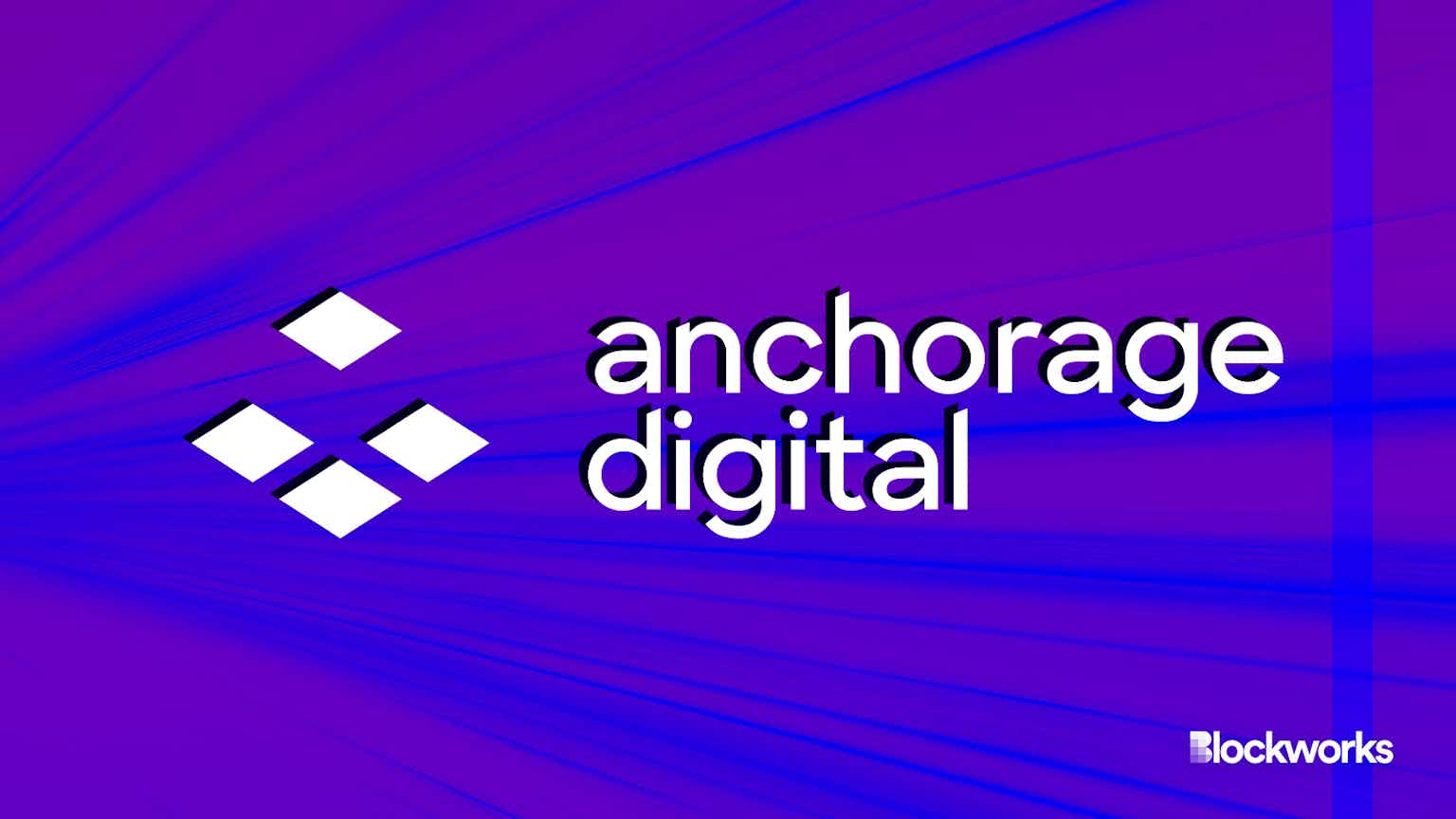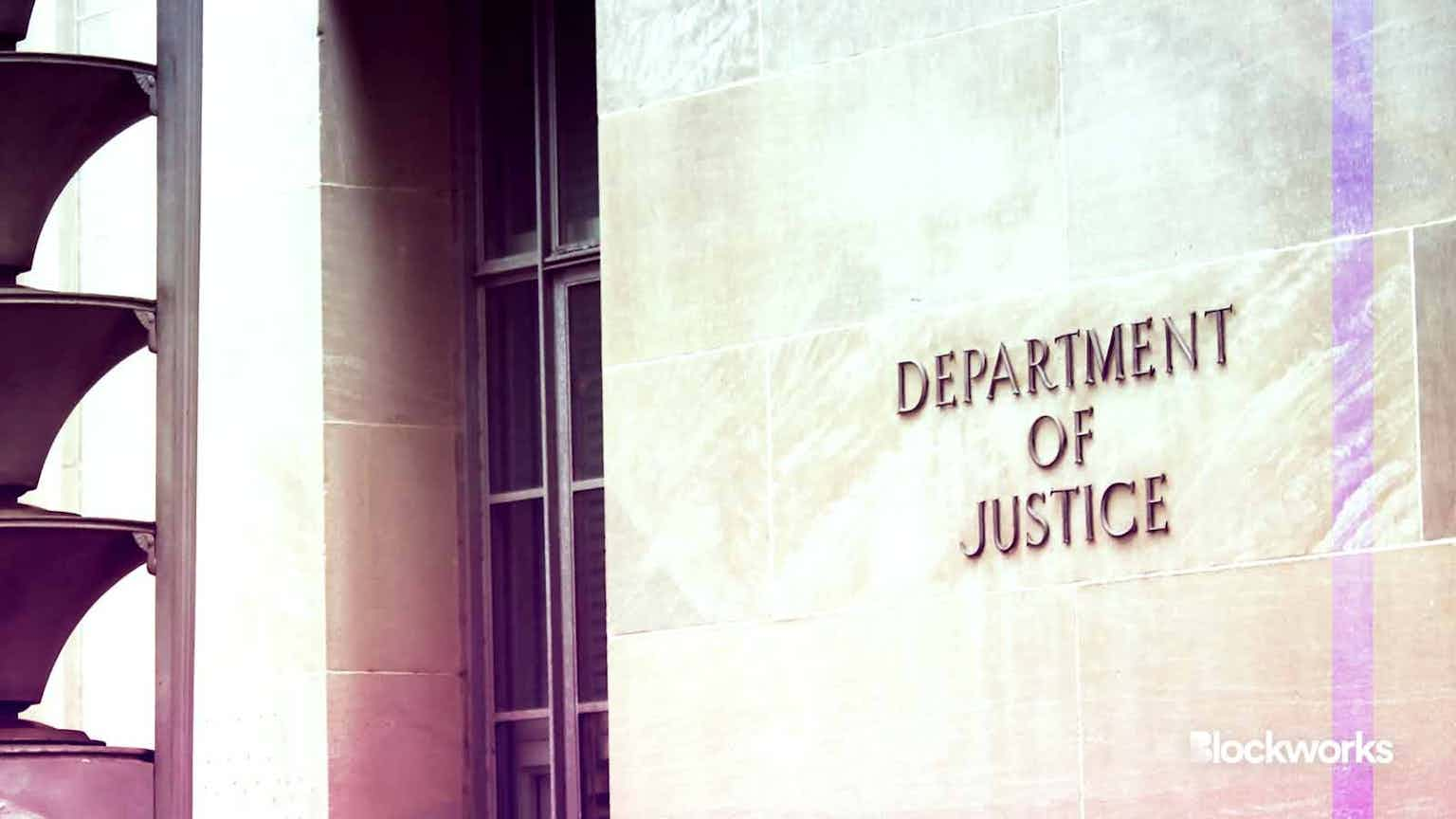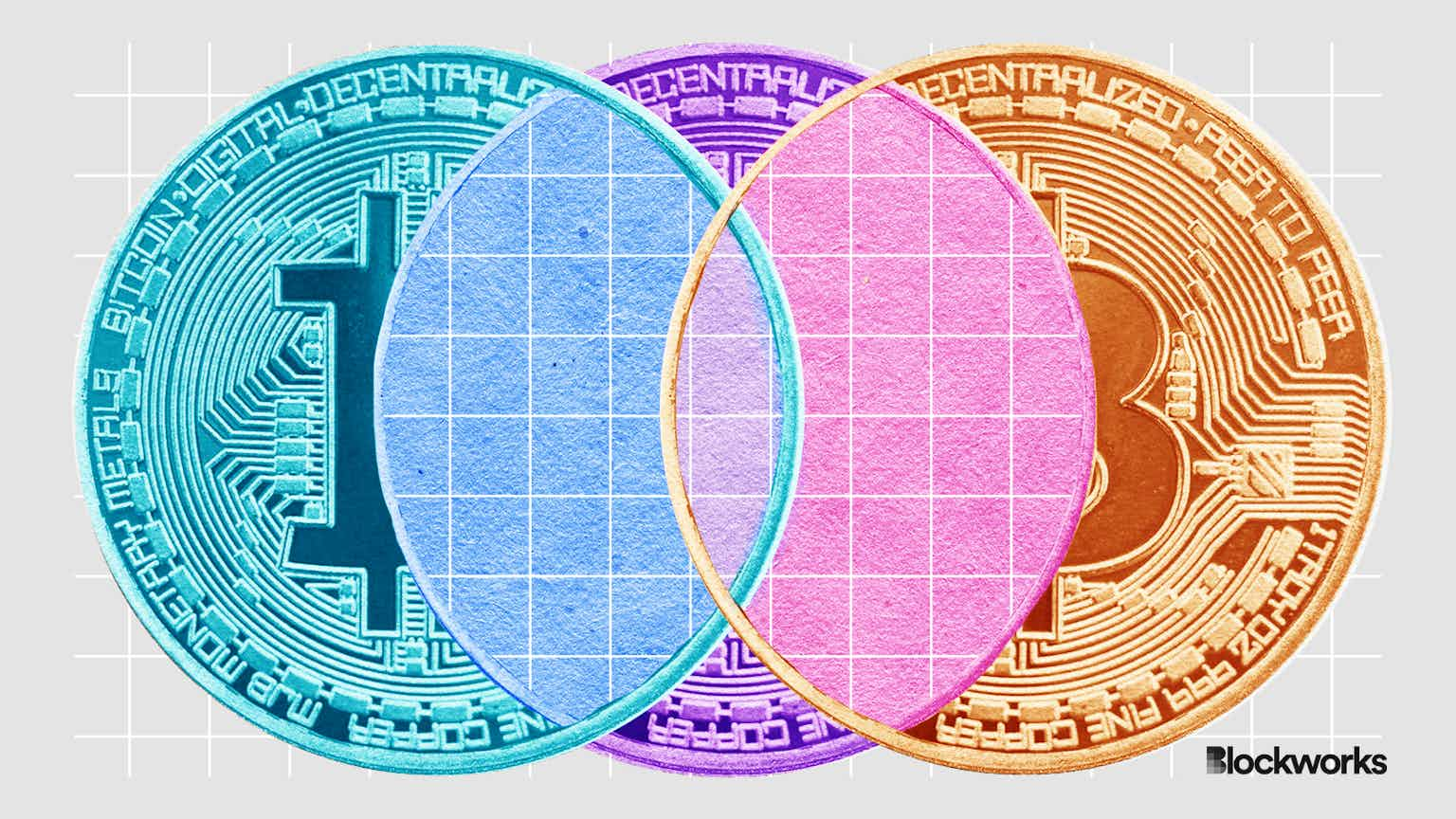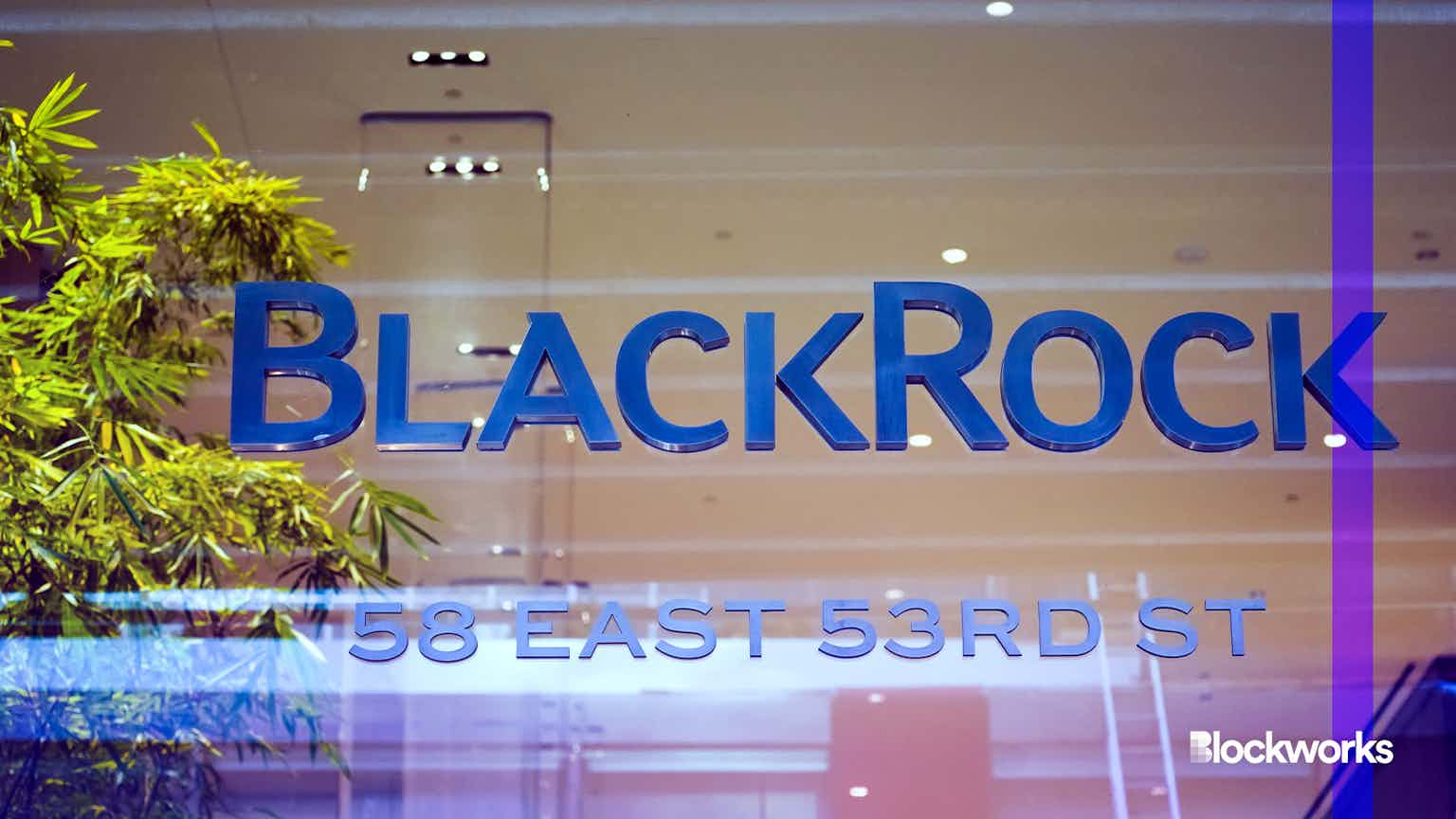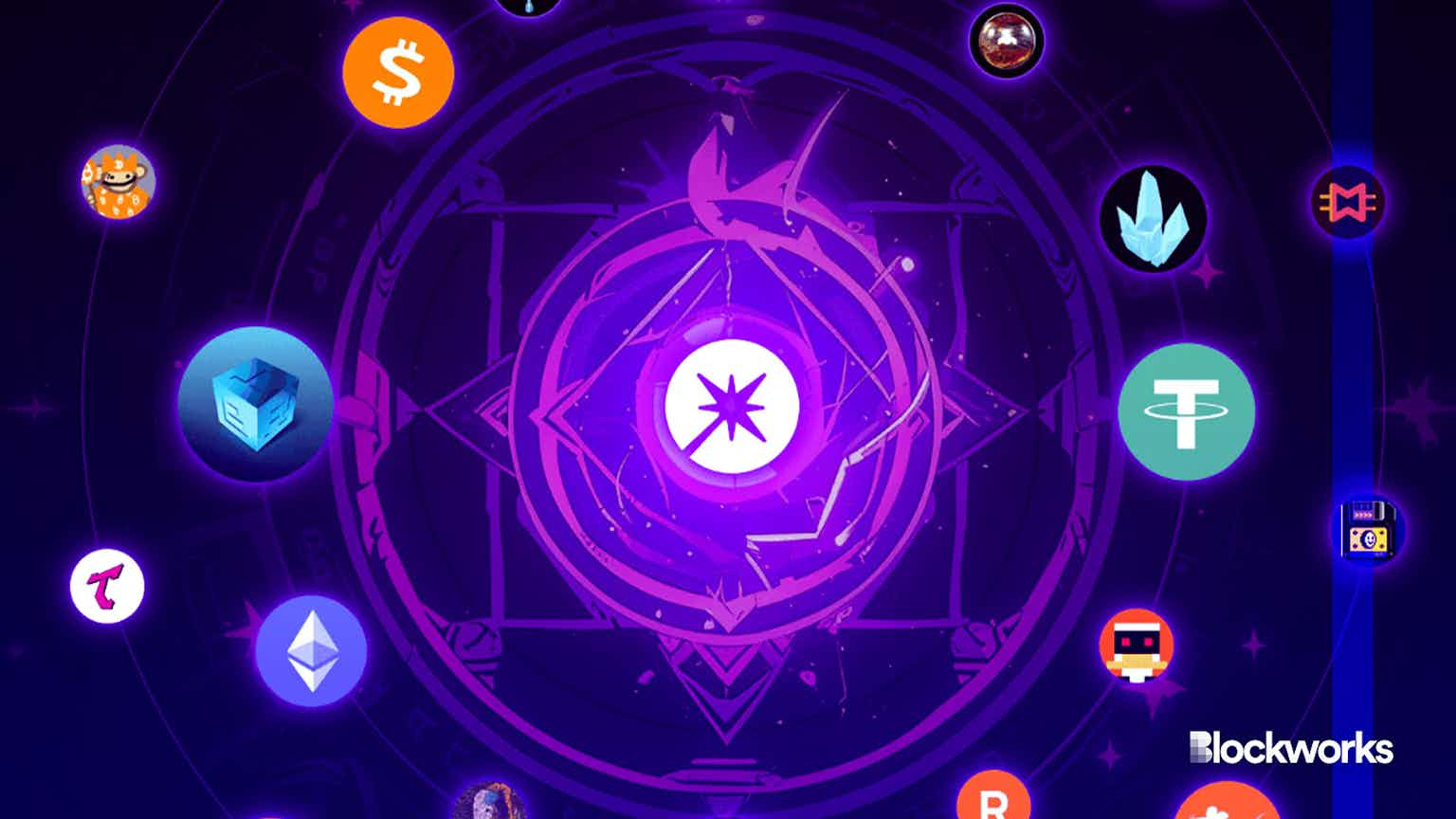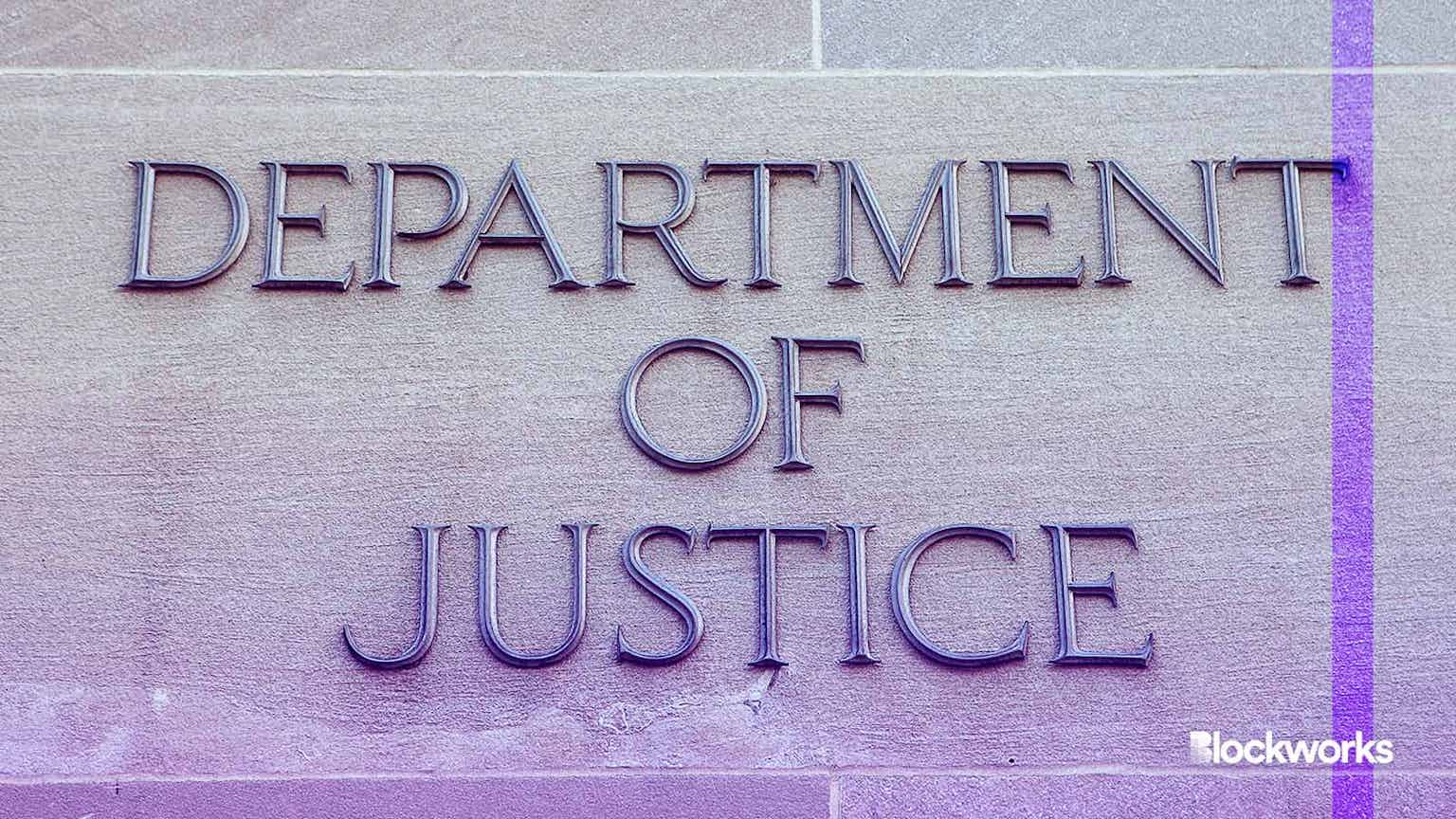Israel To Test Blockchain-based Bonds
A joint effort by the Israeli government and the country’s stock exchange will assess distributed ledger technology for debt issuance
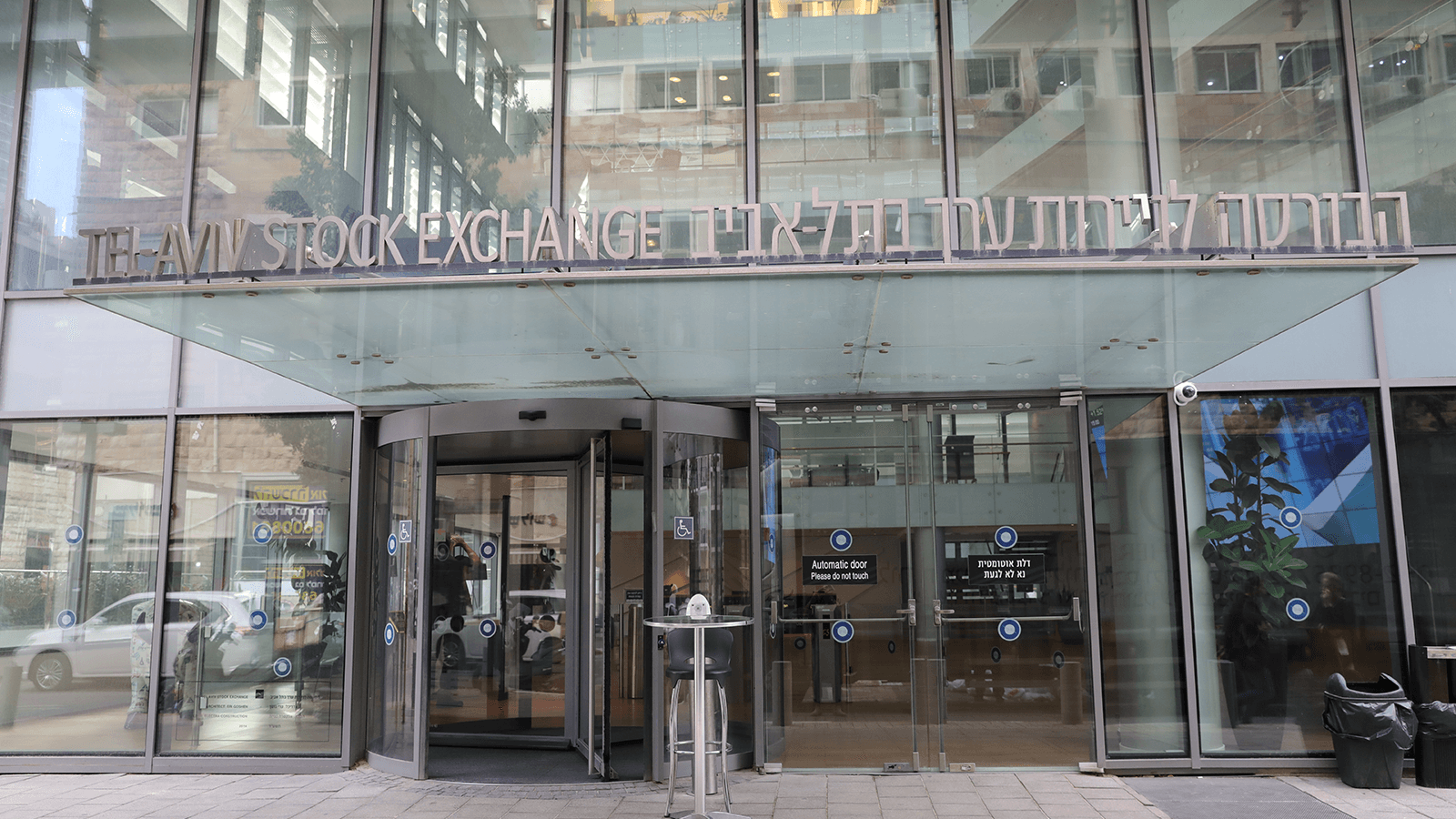
Tel Aviv Stock Exchange (TASE); Source: Shutterstock
key takeaways
- The concept will include the digitization of a series of government debt to be issued to select participants
- The private permissioned blockchain is compatible with the Ethereum virtual machine
The Israeli government is planning to test blockchain-based digital bonds as it seeks to modernize financial market processes and reduce associated costs.
In a joint effort, the Office of the Accountant General in the Ministry of Finance and the Tel Aviv Stock Exchange (TASE) — the country’s only public equities bourse — will issue bonds via a permissioned private distributed ledger technology platform being readied for live testing.
The proof-of-concept will include the digitalization of a “new series” of government debt to be issued to select local and foreign primary dealers, marking the first time Israel has embarked on such a venture.
Digital assets infrastructure and custody solutions provider Fireblocks and US-based cloud computing tech firm VMWare will assist in the technical execution of the platform, while TASE has been tasked with leading the project.
Tokenized bonds will be sent to participants’ digital wallets while the issuance consideration, in digital currency, will be transferred from the participants to the state of Israel’s own wallet, according to a statement.
The pilot project will begin within the next few days and is expected to be completed by the end of the first quarter of 2023.
“Israel is almost the only market in the world where government bonds are traded on the main exchange, so it’s an opportunity to generate a pilot, with the involvement of the State of Israel and leading international banks,” TASE’s head of clearing Orly Grinfeld told Blockworks in an email.
Unlike some experiments to tokenized bonds, such as Société Générale’s partnership with MakerDAO in October 2021, which used the Ethereum public blockchain, this one will remain entirely centralized for now. However, a Fireblocks spokesperson told Blockworks that the permissioned blockchain is compatible with the Ethereum virtual machine (EVM), and therefore, “if the Ministry of Finance wanted to issue digital assets on a public chain in the future, there would be little difference.”
The platform, which will also be based on smart contracts and tokenization, will be designed for the clearing and trading of non-crypto digital assets, TASE said.
Blockchain bond issuance
Typically, government debt raising through the issuance of bonds often requires large-scale coordination between various systems. Blockchain tech is often praised for its ability to expedite financial transactions while cutting out intermediaries.
In this instance, TASE is hoping its test will demonstrate the tech’s use in reducing bond issuance costs, speeding up settlement times, improving transparency and streamlining processes.
Following the first DLT bond issued in 2018 by the World Bank, TASE and the ministry said they had been following developments in the financial markets, including tokenizing various assets.
Both said they were eyeing central bank digital currency test runs of financial institutions, which have begun to pick up in speed.
Several countries have begun leveraging DLT-based bonds to raise money for infrastructure from the debt instrument, including the Philippines, which earlier this year raised 11 billion Philippine pesos ($186 million) after investors rallied behind its debut.
TASE and the government also said they could read the writing on the wall when it came to a shift in the digitization of financial instruments.
“The financial markets are undergoing drastic transformations in recent years,” TASE CEO Ittai Ben-Zeev said in the statement. “We hope to see Israel spearhead financial technology while being the first to implement cutting-edge technologies and upgrade the capital market.”
Start your day with top crypto insights from David Canellis and Katherine Ross. Subscribe to the Empire newsletter.
